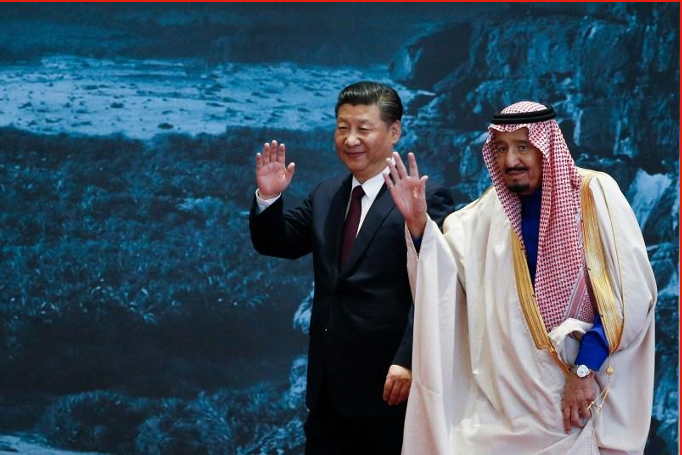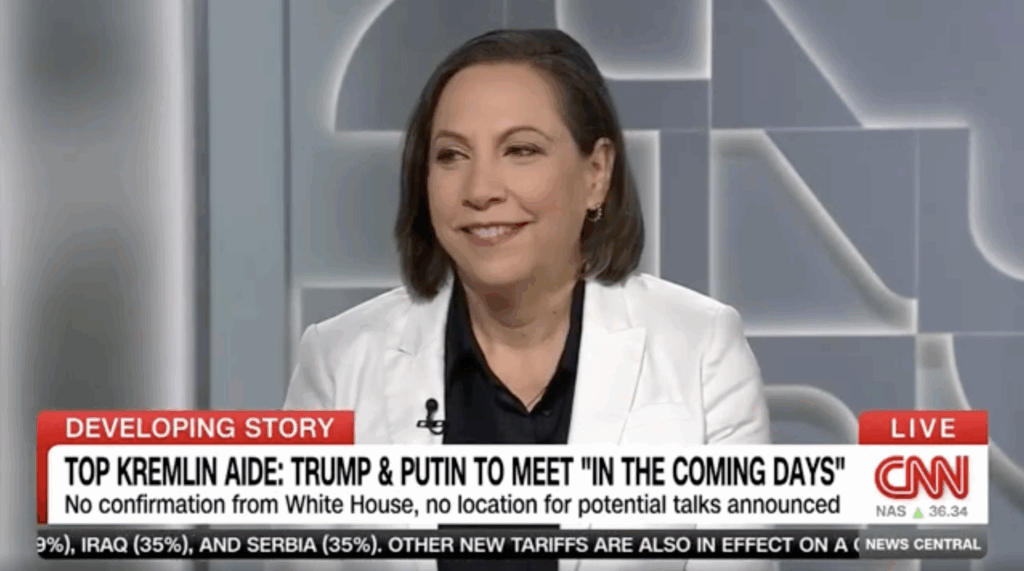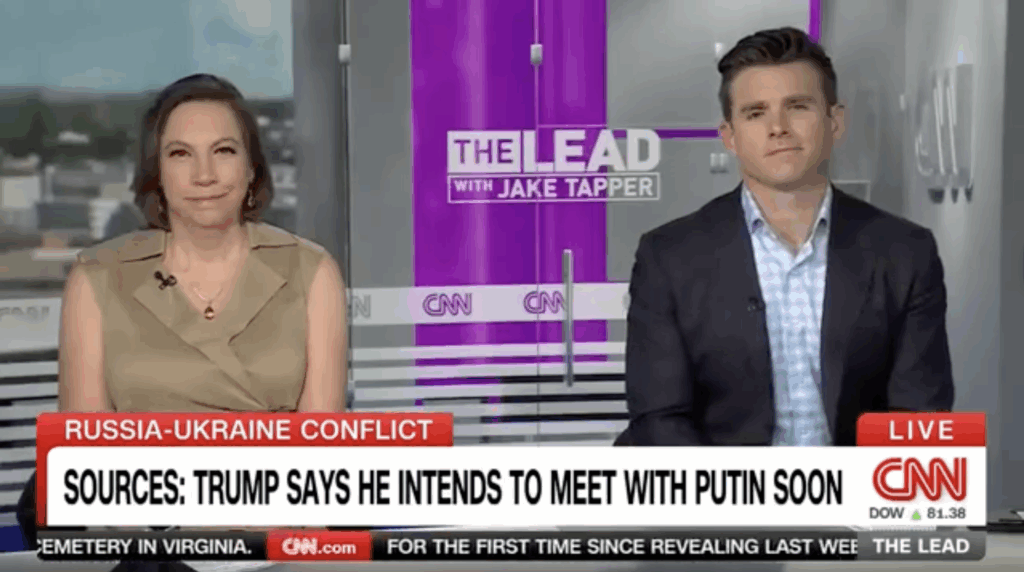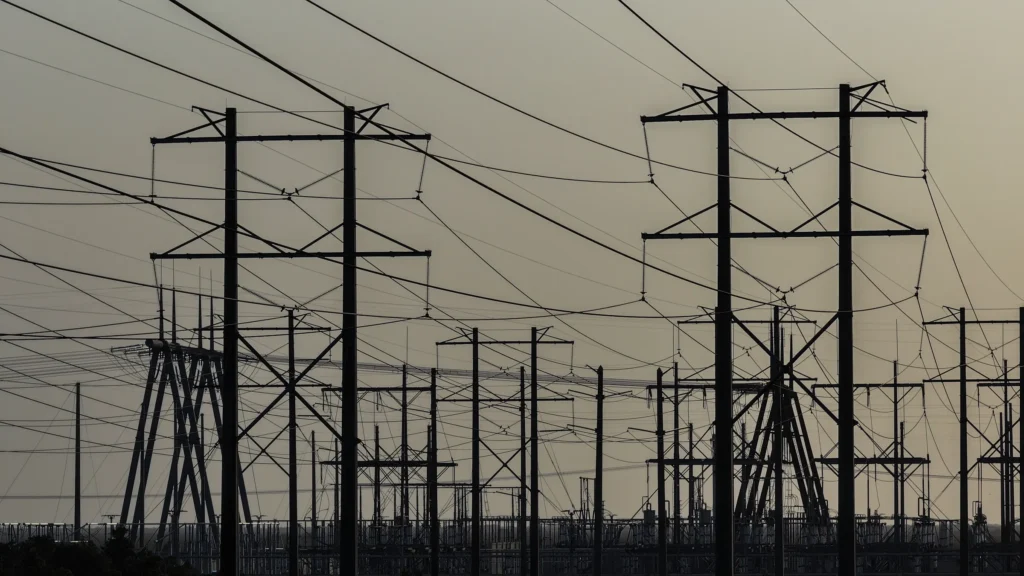Beijing remains uninterested in choosing sides in the region’s ongoing power games.
As evidence, they cite a long litany of U.S. actions—from the 2003 invasion of Iraq to the 2015 Iran nuclear deal to former U.S. President Donald Trump’s failure to respond to Iranian attacks on Saudi Arabia in 2019—that benefitted Iran at the expense of Washington’s Gulf partners. None of this means that the Saudis or any members of the Gulf Cooperation Council prefer or want Russian military equipment and/or doctrine, but they continue to want the Russians at the table.
Outside the Gulf, Egyptian President Abdel Fattah al-Sisi also refuses to isolate Moscow. Between 2017 and 2021, Russia was Egypt’s largest supplier of weapons followed by France and Italy. (The United States was Egypt’s fifth on the list behind Germany.) Egypt and Russia, alongside the United Arab Emirates, have also collaborated in Libya, where Moscow’s private army, the Wagner Group, has fought alongside Gen. Khalifa Haftar’s Libyan National Army. Overall, Egypt’s leaders—like those in the Gulf—do not want to be forced to make a choice among the United States, Russia, and China. In some ways, this harkens back to former Egyptian President Gamal Abdel Nasser’s “positive neutrality,” in which he sought to play the great powers off one another to extract as much aid as possible.
And when it comes to Israel, the differences between interim Prime Minister Yair Lapid and his predecessor, Naftali Bennett, concerning criticism of Russia for invading Ukraine are a matter of degree. The Israelis continue to need the Russians in Syria to conduct their shadow war against Iran (an effort that is likely to become more challenging as Moscow and Tehran draw closer).
It seems odd given all that has happened since the war in Ukraine began, but the Middle East does not look all that different from the way it did before Russia’s tanks began to roll on Feb. 24. This underscores not so much U.S. weakness but rather the fact that Moscow shares a discrete set of common objectives with almost all of Washington’s partners in the region, from high energy prices to a more multipolar world order.
This is quite different from the Cold War redux that some analysts infer. It is instead a messier, more challenging environment for U.S. policymakers who remain ambivalent about the Middle East. From where the Saudis, Egyptians, Emiratis, Turks, Israelis, and others sit, Russia is a legitimate player in ways that a whirlwind U.S. presidential visit is not likely to change any time soon.
Steven A. Cook is a columnist at Foreign Policy and the Eni Enrico Mattei senior fellow for Middle East and Africa studies at the Council on Foreign Relations. His latest book is The End of Ambition: America’s Past, Present, and Future in the Middle East. X: @stevenacook Beth Sanner is a former deputy director of national intelligence at ODNI and served as President Donald Trump’s intelligence briefer during his first term.





